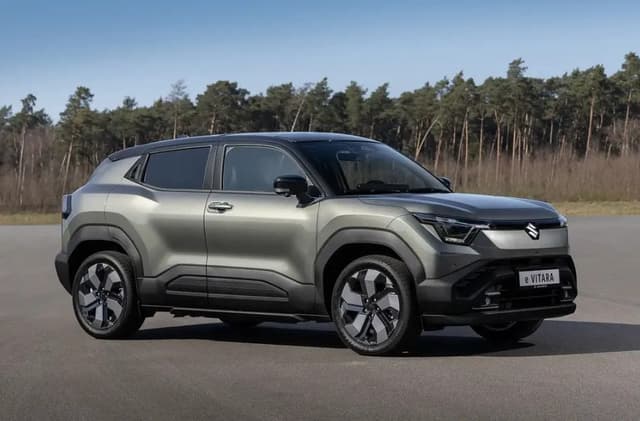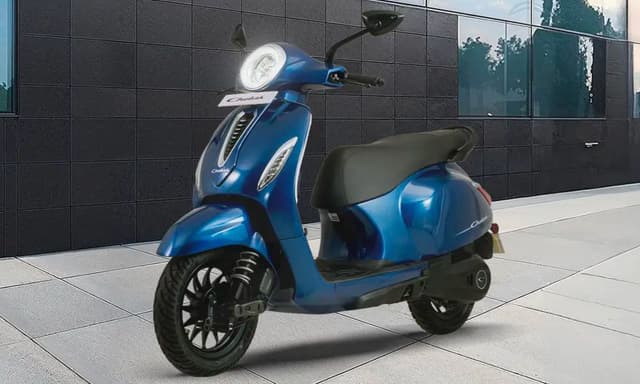Using Energy In The Car Recycling Process: Direct and Indirect

Highlights
- Recycling cars can save materials like iron ore, coal, limestone, plastic
- The energy-saving can be as much as 1 MW per car.
- Apart from energy, environmental benefits are substantial.
Using energy in the car recycling process: Direct and indirect
Recycling is important as India is the fourth largest consumer of automobiles globally. India is also the number two manufacturer of automobiles in the world after China. Delhi government has banned diesel vehicles operating for ten years and petrol vehicles operating for 15 years. Other states are expected to follow in the coming years. The Indian government has already launched an End-of-Life Vehicle (ELV) policy, and its implementation is expected soon. This creates an opportunity for vehicle scrapping.

Reducing energy emissions
Approximately 65% of the weight of a typical car is high-grade steel. The weight of aluminium is also 7-8%. Recycling can help save other materials like copper, noble metals, plastic, rubber, etc. Thus, if we recycle a car, we can recover important elements and save the environment. The direct environmental benefits should be enough to recycle cars. But, on top of that, energy benefits are huge as well. All the recycled parts require huge energy consumption to produce, which again harms the environment.
As per some calculations, recycling a car conserves 2500 KG of iron ore, 1400 kgs of coal, 125 tonnes of limestone, and more than 1 MW of energy directly. This energy-saving is the direct energy benefit of recycling. But, apart from the direct benefits, there are indirect benefits of recycling as well.
The reduction of greenhouse gases because of recycling is substantial as well. The direct benefit is that the disposal of the car harms the environment. Also, the energy consumption to produce iron ore, limestone, coal, rubber, plastic, etc., is saved. Thus, greenhouse gas emissions are reduced. India, as a country, is facing huge side effects of pollution and reducing greenhouse gas emissions is a priority for the government.

Indian government policies
The Indian government policies of ELV vehicles is expected to improve the demand for scrapping, and the benefits to the environment will be substantial. Also, the Delhi government policies to remove diesel cars older than ten years and petrol cars older than 15 years is expected to contribute significantly to scrapping use increase.

The energy benefits and environmental benefits can be immense for India. India is one of the top four markets for automobiles. Also, India is one of the top two producers of automobiles in the world. India is also one of the largest producers of coal-based electricity, which causes harm to the environment. The country can reduce environmental pollution indirectly and directly as well.
Last Updated on February 26, 2022














